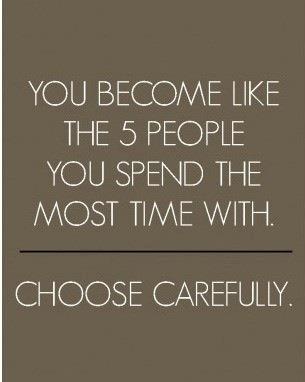As
entrepreneurs, we’re constantly trying to predict the future. We want to be
ahead of our competition; leaping onto the next big trend before it gets big,
spotting the opportunities that are on the verge of ripe. But is it possible to
predict the future? Is there any point trying?
 |
| Doesn't look too difficult |
Today,
global progress is faster than ever, and increasing at a greater rate than ever
before. Everyone knows that 100 years ago heavier-than-air flight was in its
infancy, 50 years ago the mobile phone was barely a dream, and only 10 years
ago no one had ever heard of Instagram. According to the World Economic Forum,
the current pace of advancement, not just in technology, but also in the way we
think, will “fundamentally transform the way we live”. That’s a pretty big
call.
I’ve always
been amazed by the pace of innovation in recent history, but I’ve never been
able to imagine what effects this will have in the future. My personal
experiences have consistently defied my expectations, and I think that’s a
beautiful part of life. If life were predictable, not only would it be boring,
but we’d stagnate intellectually, emotionally, and spiritually.
I’ve never
been able to predict my personal future, but I’m only a hilarious uni student. Maybe
someone a lot smarter than me has worked out how to forecast the future of
humanity?
Nobel
Prize-winning physicist Dennis Gabor is pretty smart. Did I mention that he won
a Nobel Prize? He wrote that rational thinking, by the world’s greatest minds,
and even by the most powerful computers, can never predict the future. All they
can do it map out the current probability space of possible future events. That
sounds impressive, but doesn’t even resemble predicting the future on a
macroscopic scale, as the probability space of tomorrow (or even an hour from
now) will be immeasurably different, once one of the infinity possible options
in today’s probability space has materialised.
| Imagine this tree diagram, but with infinity branches! |
So it seems the
future can’t be predicted, but how much power do we really have in shaping it? The
world is such a gigantic, complex, unpredictable system, and we’re all just one
person. Well, each of us is just one person. You know what I mean.
Another very
smart person is Donella Meadows. She beautifully encapsulates the relationship
between the individual and the intricate system that is the rest of the world:
“The future can’t be predicted, but it can be envisioned and brought lovingly
into being. We can listen to what the system tells us, and discover how its
properties and our values can work together to bring forth something much
better than could ever be produced by our will alone.”
I love this
quote, because it simultaneously empowers the individual, and reminds us to
appreciate that things larger than ourselves also shape our future.
Assuming I
haven’t yet gone overboard with quoting smart people, I’ll share my favourite one
from Gabor: “The future cannot be predicted, but futures can be invented.”
I’ve come to
the conclusion that predicting the future isn’t the question. The question is
whether we have the courage and imagination to dance with the possibilities, to
appreciate the power of the world to change us, and our power to change the
world.

